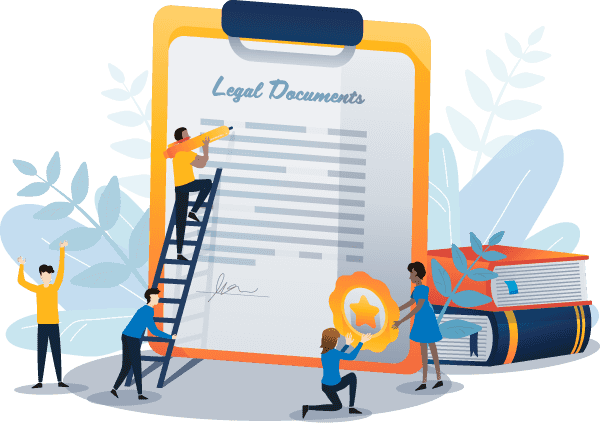When people think about building a passive source of income, many turn to real estate or stocks. However, starting a self-storage business can produce similar results with less risk. This is attributable to the proven steady and consistent demand for temporary storage. Once your storage facility is up and running, you’ll see that the business ends up paying for itself!
Read on to find six tips to help you turn a self-storage business into a profitable investment.
1. Business Plan
The quote “failing to plan is planning to fail” reigns supreme when starting a new business. A business plan forces you to flesh out the goals and objectives for the business. It requires you to evaluate the market and understand what it takes to create a successful business. Moreover, it helps to identify strengths and weaknesses early on.
When formulating your business plan, consider the following questions:
- What will the storage units house?
- Will the offering of storage units vary in size?
- Are storage units climate controlled?
- Will you be hiring an on-site manager, outsourcing to third-party management or require a security system?
- What are the upfront and ongoing expenses?
- How much will you charge customers?

Create your own Business Plan for free.
Customise, update and download our Business Plan.
Get started2. Location
Where your self-storage business is located should be a strategic decision. Firstly, you’ll want to look into areas where there is a demand for storage units. Secondly, the location should be accessible. Accessibility requirements will differ depending on whether the storage units are indoors or outdoors. Thirdly, you’ll want to think about security. Customers are trusting you to keep their belongings safe. Thus, it is important to consider the crime rate within the area. Moreover, look into whether you’ll be able to install security measures such as gates, lights, and surveillance cameras.
3. Business Set-Up
Establishing a new business involves applying for an Australian Business Number (ABN). An ABN helps to identify your business to the government and community. It is used to register a business name, claim tax credits and for invoicing purposes.
You should also consider what business structure is the best fit for your business. Your options include sole trade, company and partnership. Your legal obligations will vary depending on your business structure.
4. Service Agreement
When running your self-storage business, it is important to have in place a services agreement with each of your customers. A services agreement sets out the terms and conditions for the provision of a storage unit.
The services agreement should generally specify:
- The duration of the rental;
- The rate and payment terms;
- Customer and Business rights and responsibilities; and
- Any waivers of liability.
If you have any particular concerns or demands, these should be made explicit in terms of the services agreement.
5. Security
A large component of establishing a self-storage business is security. Commonly employed security features include:
- Gates – Ensure that trespassers cannot climb it or easily break it down.
- Access – Will customers use a physical key? Will there be a keycard? Is entry by PIN code?
- Lighting – Will there be lighting 24/7? Will lighting at night be subject to sensors?
- Surveillance Cameras – Does the site offer any blind spots? Can these blind spots be addressed?
- Security Officers – Will you employ security staff to monitor the premises?
For optimal security, you should look into using a combination of the above.
6. Website
Creating a website will allow customers to reserve a storage unit from the comfort of their own homes. It also eliminates the need to have any on-site employees.
The website should include the following information:
- Storage options;
- Storage rates;
- Terms and conditions; and
- Contact Details.
Furthermore, the online application form should be comprehensive and user-friendly.
Conclusion
In order to turn a self-storage business into a profitable investment, great thought should be put into its establishment. You’ll find that location and security will become key factors for consideration. They will not only affect your upfront costs but will determine when you will break-even and start profiting.






